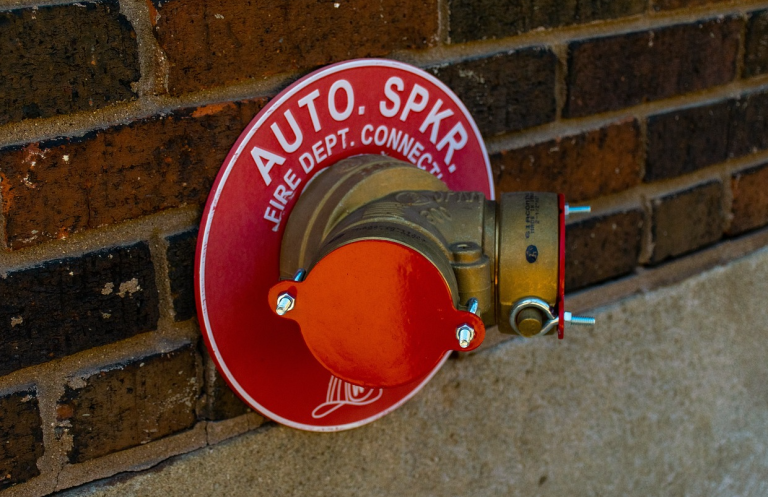Fires can devastate a business in minutes. From property loss to operational downtime, the impact is often irreversible without proper safeguards. While fire extinguishers and alarms are important, they’re reactive solutions that rely on human intervention. An automated fire suppression system, on the other hand, is a proactive measure that detects and controls fires instantly, without needing a person to act first. In today’s risk-conscious business environment, this level of protection isn’t just beneficial; it’s essential.
Below, we’ll explore why every business should invest in this system. Read on!
1. Protecting People Without Delay
The safety of employees, customers, and visitors should be the top priority of any business. In the event of a fire, even a few seconds of delay can result in injuries or worse. Automated fire suppression systems detect fires at their earliest stages and activate immediately, releasing the appropriate extinguishing agents to contain the danger. This quick response can significantly reduce the chance of smoke inhalation, burns, and other fire-related injuries.
2. Minimizing Property Damage Quickly
Fires spread fast. The longer a fire burns, the more destruction it causes to inventory, equipment, and infrastructure. Traditional firefighting methods might not respond in time to prevent extensive damage. Automated systems act within moments, suppressing flames before they escalate. Whether the business operates in retail, manufacturing, data storage, or food service, early suppression can be the difference between a quick recovery and a complete loss.
3. Reducing Operational Downtime Effectively
When a fire shuts down operations, the financial implications go far beyond immediate repairs. Lost productivity, delayed deliveries, customer dissatisfaction, and supply chain disruptions can all follow. Automated fire suppression systems limit the extent of the damage, allowing businesses to resume operations more quickly. By curbing the spread of fire early, they make the path to recovery shorter and less costly.
4. Meeting Regulatory Requirements Efficiently
Many industries are subject to strict fire safety regulations. From OSHA standards to local building codes, compliance is not optional. Automated fire suppression systems help businesses meet these legal requirements without ongoing manual effort. They provide documented proof of safety measures in place, often easing the path during inspections or when applying for insurance policies.
5. Safeguarding Sensitive Assets Reliably
Some businesses deal with highly sensitive materials, such as digital servers, scientific equipment, or perishable goods. In these cases, traditional fire suppression methods like water sprinklers can cause as much harm as the fire itself. Automated systems are often designed with non-damaging agents which suppress fire without harming valuable assets. This specialized protection is vital for industries like IT, healthcare, and advanced manufacturing.
6. Enhancing Insurance Benefits Proactively
Insurance providers view automated fire suppression systems as a sign of responsible risk management. As a result, businesses with these systems may be eligible for lower premiums or better coverage terms. More importantly, the reduced risk of fire-related claims helps maintain a positive relationship with insurers and avoids costly disputes during the claims process.
7. Supporting Business Continuity Strategically
Business continuity planning is all about preparing for the unexpected. Fire emergencies are unpredictable, but their consequences don’t have to be catastrophic. An automated fire suppression system acts as a silent guardian — constantly monitoring, instantly reacting, and ensuring that a single incident doesn’t threaten the future of the business. For companies with long-term goals, it’s a smart investment that supports resilience and sustainability.
Fires don’t give warnings — but automated systems do provide protection. By acting faster than any human could, they safeguard lives, protect investments, and help businesses bounce back with minimal disruption. Whether your organization is large or small, modern or traditional, investing in an automated fire suppression system is no longer a luxury. It’s a necessity for responsible, forward-thinking businesses.










